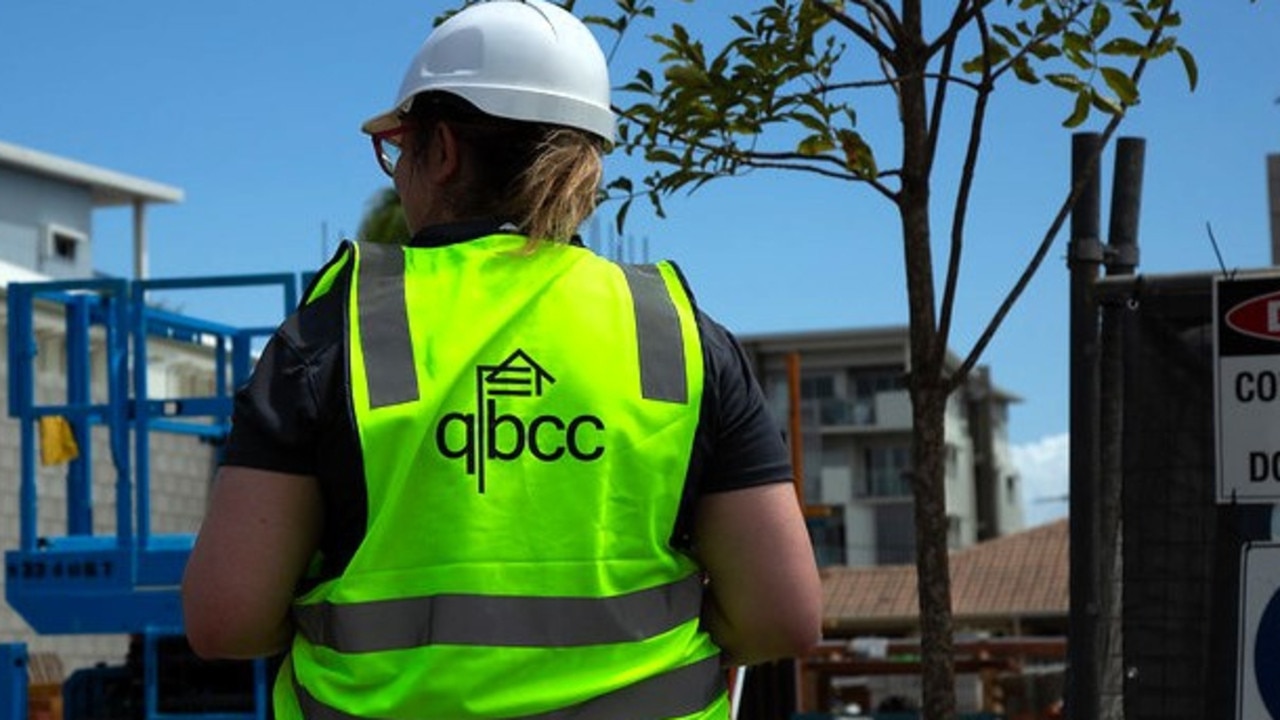How robots are becoming a recruiter’s ‘coach’ and stamping out gender bias in recruitment
While the use of AI in recruitment has sparked controversy, HiredScore is harnessing the much-hyped technology to make the hiring process fairer for all, irrespective of what school you went to or sports you’re interested in.

Business
Don't miss out on the headlines from Business. Followed categories will be added to My News.
Athena Karp’s journey to founding her own company began with lining up at the toilet when she noticed a big problem.
“It was my first day of work, my first job out of college. I worked in finance, and we had a restroom break and the men’s line was very long and there was virtually no line in the women’s room,” said Ms Karp, who is based in New York.
“That’s the reverse problem that you usually see.”
Turns out, it all stemmed from recruitment bias, unconscious or otherwise. So 11 years ago, Ms Karp founded HiredScore, a company that sets out to make the hiring process fairer by harnessing artificial intelligence.

HiredScore was acquired by Workday earlier this year, and from this month the human resource software giant began making the technology from its latest acquisition available on its platform.
HiredScore AI for Recruiting and HiredScore AI for Talent Mobility are now available via Workday and aim to “coach” hiring managers through the recruitment process as well as match potential candidates to job openings.
“We found on average a hiring manager hires less than two jobs a year… so they don’t know the process,” Ms Karp said.
“They don’t know that there’s speed to response and all these SLAs (service-level agreements) that you have to follow, which ends up then eating the recruiters time to really be the assistant to the manager.”
Ms Karp said HiredScore’s AI acts as a “coach” to keep “everyone on track”, scoring candidates and providing prompts about the next stage in the recruitment process.
“Our average client in under a year will gain over 25 per cent recruiter capacity back. A lot of them will then use that capacity to activate new roles or kind of new functions.”
The use of AI in recruitment has been controversial. New York University found late last year that maternity-related career gaps may cause job candidates to be unfairly screened out of positions for which they are otherwise qualified, citing biases in AI resume scanning tools.
Locally, this has prompted concerns from executives, including Nuix chief technology officer Alexis Rouch, who said Australia has an opportunity to position itself as an ethical developer of AI, and encourage more women into the industry to stamp out such prejudice.
US President Joe Biden has since signed an executive order aimed at combating potential AI biases in the job hiring process, while New York City has introduced a new law requiring regular audits to assess the transparency and fairness of algorithmic hiring decisions.
Ms Karp provided evidence to New York City and said the use of AI at HiredScore must adhere to her purpose for finding the company, which was to make the hiring process fairer.
“I was one of only two vendors asked to testify when they passed New York City Local law 144, so we’ve been involved in those discussions since as early as 2016 and how do we make sure the technology that fairness is upheld,” she said.
“We also have bias tests. So our system, we’re constantly testing, does it treat similarly qualified people irrespective of race, gender, ethnicity and other groups? We built our own resume parser.”
Ms Karp said most people did not know that manual recruitment fuelled much bias. For example, she found most hiring managers were homing in on interests such as “searching for sports, with more male sports”, fraternity names, the school a candidate went to – hence the long line she found at the men’s toilet during a restroom break early in her career.
“It’s actually one of the nice things about technology … to treat every candidate that applies the same way. In a human way, it’s very hard to not see what school you went to, not see what zip code you live in, not see what address you list on the resume. (But HiredScore’s) algorithm is actually trained only to look at job related criteria and not care about anything else, even, for example, like address or location.”
The software giant also unveiled AI enhancements to WorkDay Job Architecture. One of WorkDay’s biggest client’s, media and information conglomerate Thomson Reuters, has unlocked productivity gains via the platform.
“The new AI capabilities in Workday Job Architecture will help set a solid foundation for Thomson Reuters to efficiently and intuitively manage our job catalogue, make smarter decisions about our talent strategies, and reduce manual maintenance,” said Cherry MacKenzie, senior director, HR digital innovation at Thomson Reuters.
“As we look to cultivate a more effective and future-proof workforce, Workday is helping us accelerate our skills-based talent strategy and adapt to evolving business needs.”
Originally published as How robots are becoming a recruiter’s ‘coach’ and stamping out gender bias in recruitment





